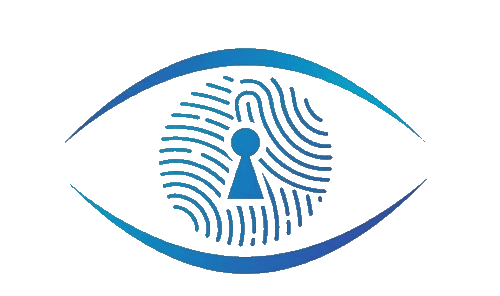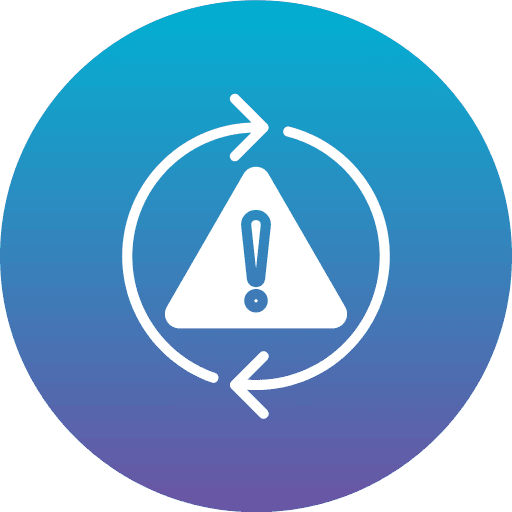What is DORA ?
What is DORA ?
The Digital Operational Resilience Act (DORA) aims to establish a comprehensive regulatory framework for the digital resilience of financial entities within the European Union. It mandates that organizations must develop, implement, and maintain resilient operational practices that can effectively withstand cyber incidents. Failure to comply can lead to significant penalties and reputational damage.
Which entities are required to comply with DORA?
Which entities are required to comply with DORA?
The Digital Operational Resilience Act (DORA) primarily applies to a range of entities within the financial sector, including:
- Banks: All credit institutions operating within the EU.
- Investment Firms: Entities providing investment services and activities.
- Insurance Companies: Insurers and re-insurers, including life and non-life insurers.
- Payment Service Providers: Companies offering payment services and electronic money institutions.
- Financial Market Infrastructures: Entities that facilitate the clearing, settlement, or recording of financial transactions.
- Third-Party Providers: Service providers that deliver critical services to the financial sector, including cloud service providers and IT service providers.
- Crypto Asset Service Providers: Companies dealing in cryptocurrency and related services, where applicable.
Overall, any organization operating within the EU’s financial services landscape that meets certain criteria related to size and operational impact must adhere to DORA’s requirements for digital operational resilience. In addition, ICT third-party service providers of those Financial Institutions must also adhere to the DORA Regulation.








